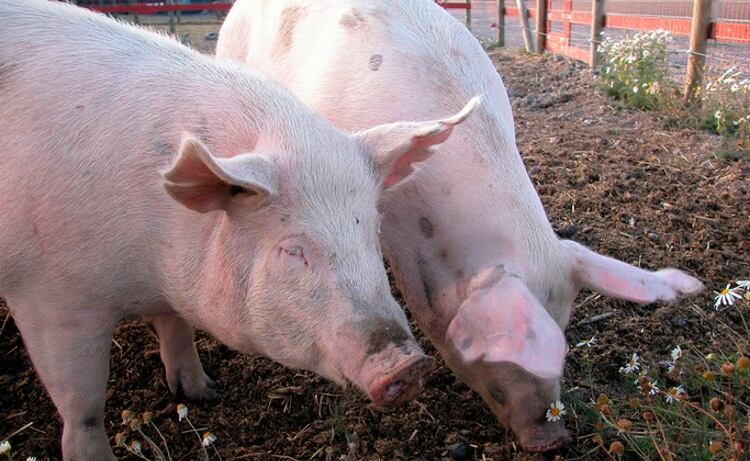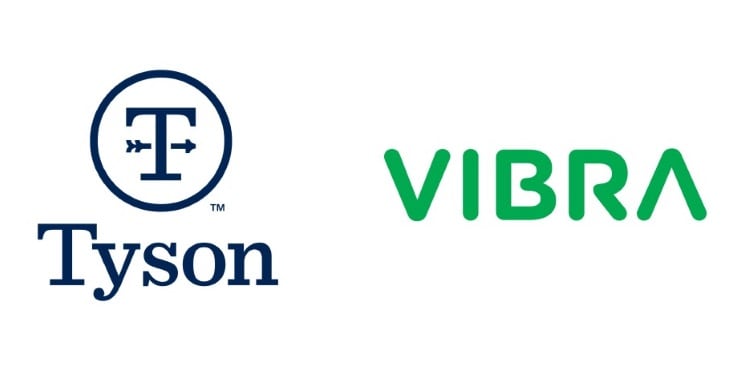From February 2020, Tyson will prohibit the use of ractopamine in the market hogs it buys from farmers in order to allow its produce to reach a larger export audience.
Ractopamine is a feed ingredient that helps increase the amount of lean meat in pigs.
Although it is approved by the US Food and Drug Administration and considered safe for use, some countries such as China prohibit the import of pork from hogs that have been given Ractopamine.
Tyson Fresh Meats has been offering a limited amount of ractopamine-free pork to export customers by working with farmers who raise pigs without it. These farmers segregated the animals and products at processing plants. However, Tyson feels these programs no longer adequately meet growing global demand for US pork.
Most of the animals delivered to Tyson Fresh Meats’ pork plants are purchased from about 2,000 independent farmers.
These farmers were notified of the change earlier this week and have until 4 February 2020, to meet the new ractopamine requirement. Tyson said it plans to work with them over the next several months to begin the process of testing hogs to ensure they are ractopamine-free.
“We believe the move to prohibit ractopamine use will allow Tyson Fresh Meats and the farmers who supply us to compete more effectively for export opportunities in even more countries,” said president of Tyson Fresh Meats Steve Stouffer.
Earlier this month JBS USA was reported to have removed the feed drug from its pig supply chain in order to take advantage of African Swine Fever’s impact in Asia.


